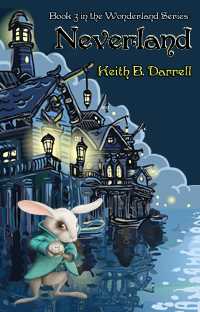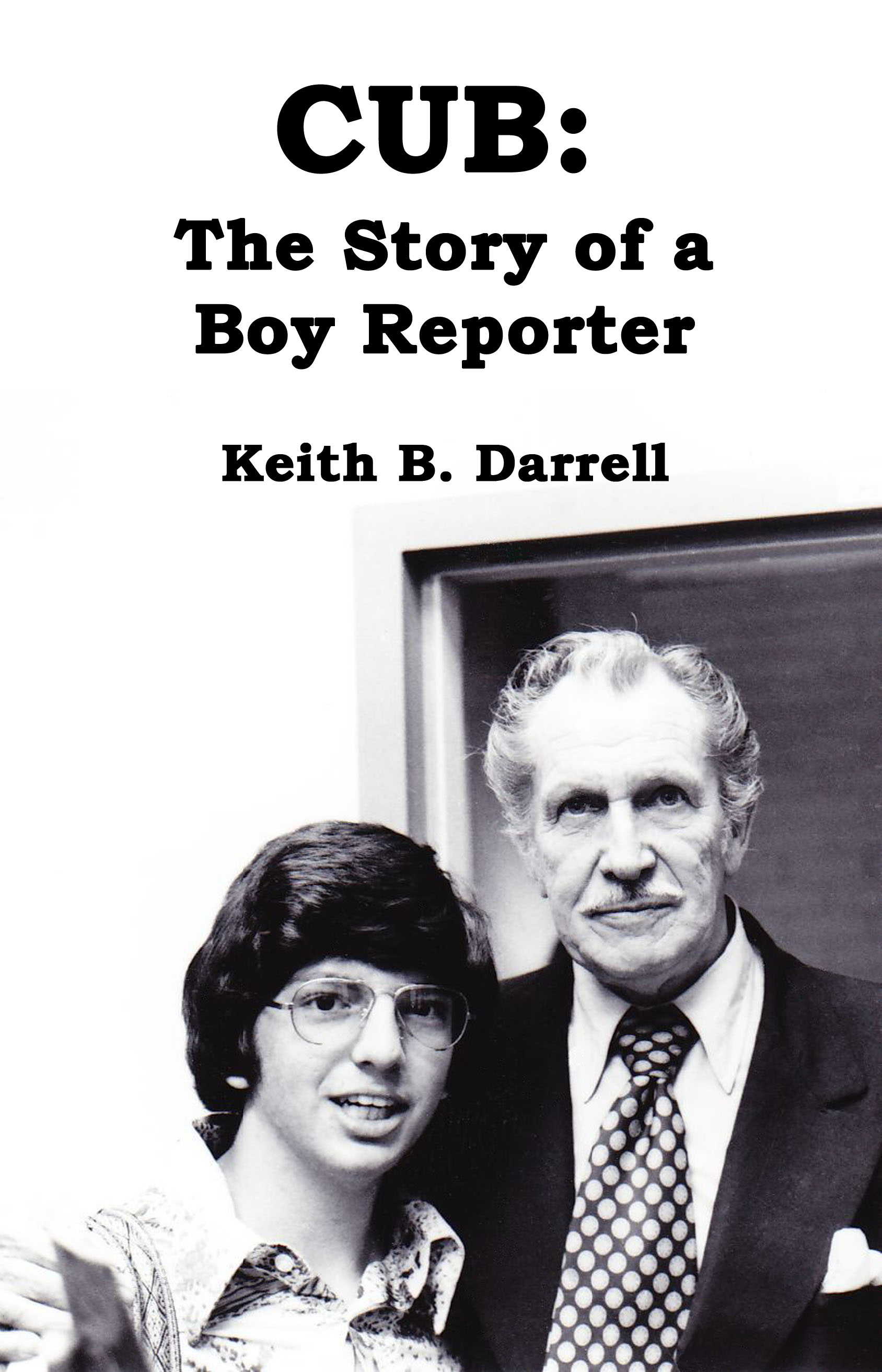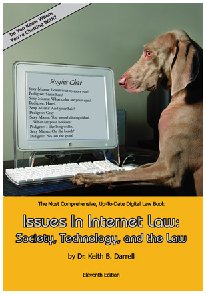The written word, in social media, often loses much of its context. “I’m going to kill you!” when said by your smiling friend after you beat her in a game for the fifth time has a completely different meaning from the same words uttered by a knife-wielding assailant. But a tweet that says “I’m going to kill you!”, unanchored by context, is open to inference by the reader. One may see a joke where another reads a threat.
A recent study talks about how the current generation of bloggers and tweeters are communicating predominantly through the written word – in texts, instant messages, e-mails, and tweets – rather than through phone conversations and face-to-face meetings. This has led to two results: (1) Readers are misinterpreting the writer’s intent because they cannot see or hear the nuance (a subtle difference, distinction or variation in something). Without context clues, such as a smiling face or the change in the rise and fall of a speaker’s voice pitch, they infer what they think the writer meant, often mistaking humor for seriousness or ill will. (2) Reliance on text communication has left them ill-equipped to pick up on non-verbal cues and body language when they do meet in person. In short, the more time we spend typing into our phones and computers, the more we are turning into a nation of socially inept geeks.
The study postulates our Internet-based society, despite having been enabled to communicate farther and faster than ever before, is losing the ability to communicate meaning, nuance, and depth. When we limit the dialogue to 140 characters, something inevitably gets lost in the transmission.
A popular Web site asks “Can you fall in love with someone you’ve only met online?” I don’t believe in love at first write. You may be able to get a better grasp of an individual’s thoughts and opinions that way, but eventually you have to meet and determine if that certain chemistry exists. The smile, the lilt in one’s voice, the twinkle in one’s eye… the subtle cues, dare I say, the untweetable nuances?















































No comments:
Post a Comment